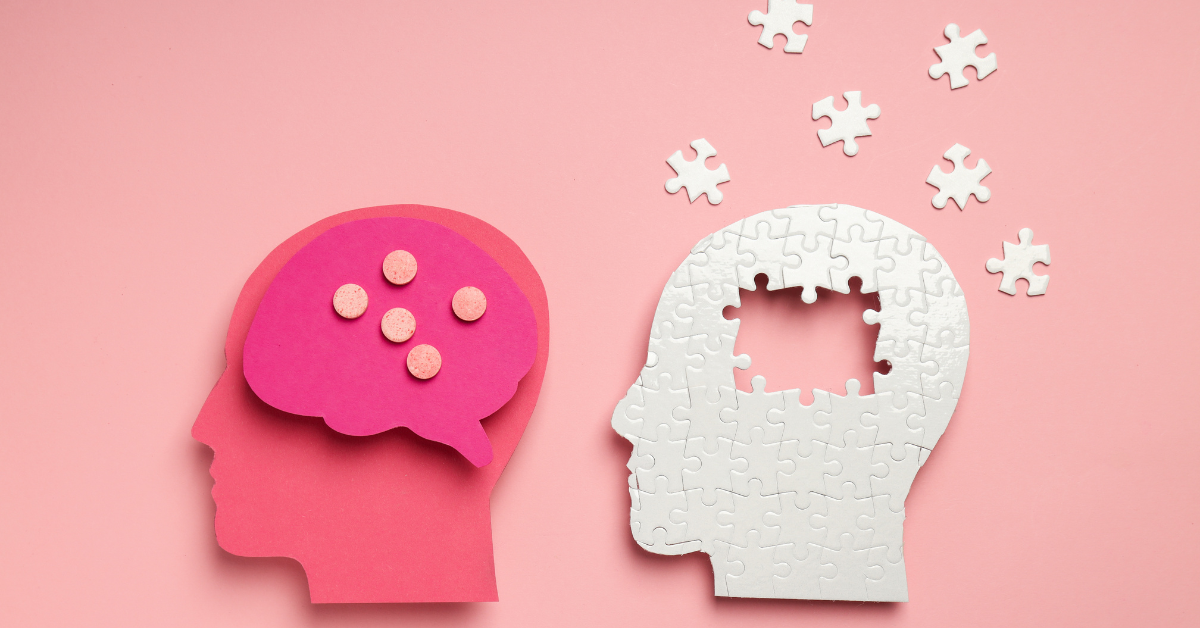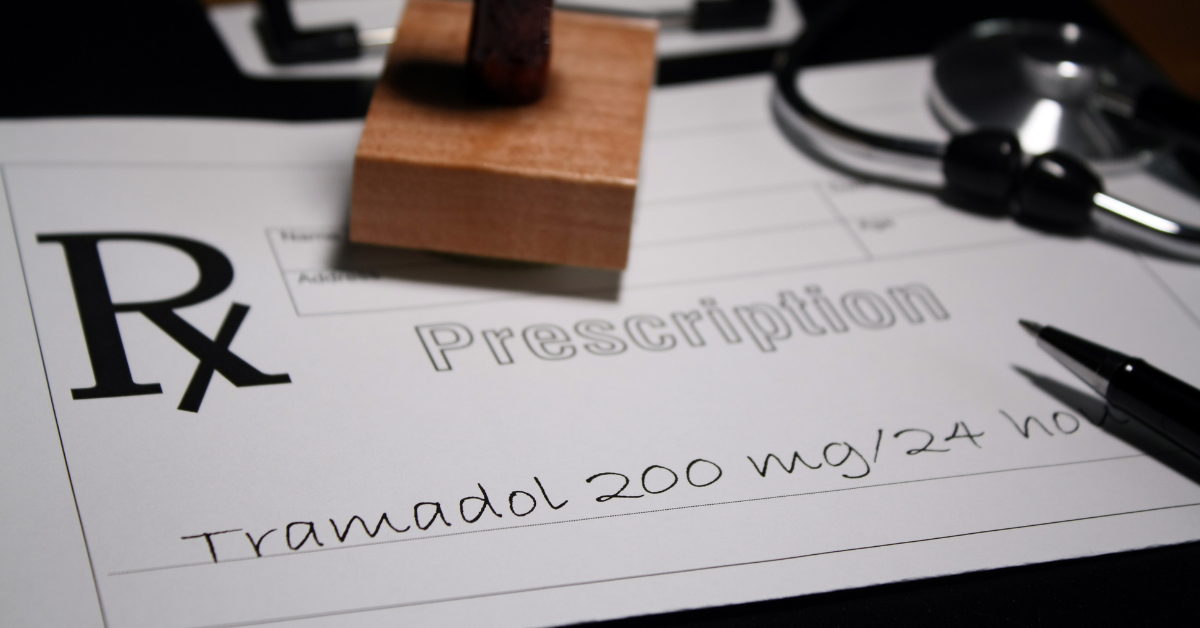Getting over addiction is difficult; partially because it involves a literal change of a person’s chemistry and physiology, partially because humans are hardwired to avoid difficult things (biologically, we’re all big fans of the path of least resistance). The key to overcoming our intrinsic resistance to challenging tasks is having the motivation to do so.
This is especially true when it comes to drug addiction. Science has recognized that motivation is one of the best determinants of whether 1) a person will complete treatment and 2) make the long-term modifications to their behavior necessary to stay sober and avoid relapse. The tricky part about managing motivation is that it has to come from within; it’s not something a therapist can teach you, nor a feeling that a loved one can impart.
Fortunately, there’s a pretty easy way to trick your brain into getting stoked about getting sober: celebrating your milestones in recovery, both big and small. It’s a simple but impactful practice that reminds us that monumental changes are accomplished by many tiny steps.
What Are Sobriety Milestones?
Sobriety milestones can be anything you want. One of the most widely known is the sobriety chips given by peer-based support groups like Alcoholics Anonymous. Different colored tokens indicate how long a person has been sober, recognizing everything from the first 24 hours of sobriety to the first year. However, sobriety milestones can also be those that you are on your own.
A milestone could be a mundane activity that would otherwise seem impossible before getting sober. It could be a major bucket list-type accomplishment that’s all about celebrating the life saved from drugs. All that matters is that it’s something meaningful to you. Here are a few examples of non-time-related milestones you might find to be worth celebrating while in recovery:
- Going on a social outing without drinking (or better yet, without having the desire to drink)
- Falling asleep naturally, especially after a hard day
- Using a coping mechanism taught to you by your mental health counselor
- Successfully confronting one of your triggers
- Dealing with a stressful situation without resorting to using drugs
Take a second to think about what your past self would feel is a noteworthy accomplishment. What’s something that the drug-addicted you couldn’t even dream of achieving? Maybe it’s adopting a pet, repaying all the money you borrowed from someone, or mending a broken relationship. Write them down, no matter how grand or how minuscule, then put this list somewhere highly visible. It’ll serve as a great reminder of why you’re staying sober and give you something to look forward to.
Sobriety Chips Colors & Meanings
Also sometimes referred to as medallions or key tags, sobriety chips are a custom that originated with Alcoholics Anonymous in the 40s. Here are the various colors and what they mean:
- White: 24 hours sober
- Yellow: 1 month sober
- Gold: 2 months sober
- Green: 3 months sober
- Purple: 4 months sober
- Pink: 5 months sober
- Blue: 6 months sober
- Copper: 7 months sober
- Red: 8 months sober
- Purple: 9 months sober
- Gold: 10 months sober
- Green: 11 months
- Bronze: 1 year sober or longer
Despite how ubiquitous the colorful tokens are with the organization, they’re actually an unofficial practice. Some chapters participate in giving out chips, others do not. If you’re not part of an Alcoholics Anonymous group that gives out chips (or a part of Alcoholics Anonymous at all) but want to commemorate your various time-based milestones, it’s possible to buy these chips for yourself. Note, that the colors used to denote certain amounts of time may vary based on the vendor or AA group.
How to Celebrate Success in Recovery
There are all sorts of ways to celebrate sobriety milestones — sobriety chips or not. For many people, their first instinct is that celebrating = having a party. While sharing special moments with people you care about can be a wonderful experience, addiction recovery can be an intensely personal experience. If you’re still new to recovery, a party setting could be counterintuitive and end up creating a setting that isn’t conducive to sobriety.
When in doubt, a great way to celebrate is to share your accomplishments with others who are in your shoes. Find a local AA group near you today. You’ll be amongst compassionate and peers who understand the significance of what you’ve accomplished and are experts at celebrating sobriety milestones in a way that supports your commitment to living a healthier, drug-free lifestyle.
What matters most isn’t how you celebrate these milestones or even what those milestones are, but rather that you feel proud about how far you’ve come and feel excited about the future.









